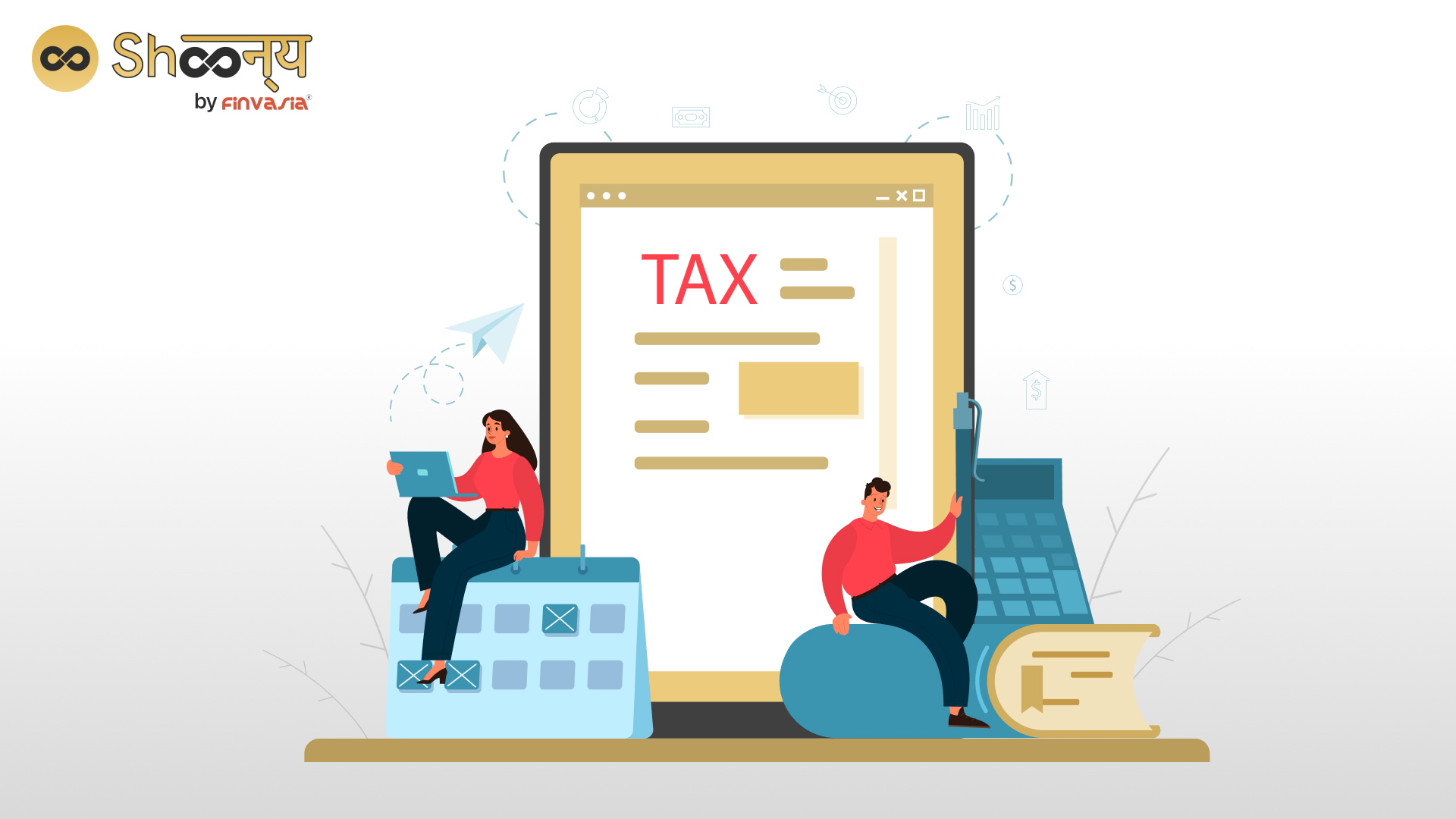The term “Grey Market” in stocks and trading is a market where stocks are traded without being listed on a formal exchange. The grey market transaction is the process of buying and selling securities outside of formal exchanges, which is not regulated and often not transparent in the context of stocks and trading. As a result, these stocks are not registered with the Securities and Exchange Commission (SEC).
Should I Trade My Stocks on Grey Market?
The Grey Market can be risky to trade stocks, as there is less information about the stocks on this market.
Besides, there is no guarantee that a buyer will be able to find a seller when they want to sell their stock. For these reasons, it’s crucial to understand the risks associated with trading stocks in the grey market.
Do Authorized Bodies regulate the Grey Market?
No, but there are a few different types of authority bodies that can potentially drive the Grey Market. There is nothing illegal about Grey Markets, but they are neither authorised nor regulated by any authorised bodies like SEBI. Thus, these Grey Market transactions are not directly backed or held by SEBI, stock exchanges, or brokers.
However, the authority figures of SEBI have created rules and regulations that govern how securities can be traded in the Grey Market. These guidelines are mostly based on how brokers and members should conduct themselves when trading securities in the Grey Market.
Also, other self-regulatory organisations (SROs) and industry-sponsored groups create rules and regulations governing member behaviour and overseeing the firms that trade securities in the Grey Market.
Options for Selling an Application in the Grey Market
There are different options that you have when it comes to selling an application in the Grey Market.
- You can sell it through an online marketplace or work with a company specialising in Grey Market sales.
- If you sell through an online marketplace, you will likely have to pay a commission to the site.
- You will also be responsible for shipping the product to the buyer and providing customer service.
- Working with a company specialising in Grey Market sales can take some hassles out of the process.
- They will handle all the paperwork and shipping.
Is There Any Tax Liability on the Seller for the Application In Grey Market?
When selling in the grey market, it is important to understand the tax implications of such a transaction. The seller may not be directly liable for paying taxes, but the buyer of the trading app is responsible for paying any taxes and duties associated with the purchase.
Ignoring tax obligations can result in penalties and fines, so it is important to be aware of your country’s rules and regulations and ensure that all necessary taxes and duties are paid.
Conclusion
In conclusion, it’s crucial to understand the regulations and rules surrounding Grey Market transactions, especially regarding taxes. However, it is always suggested to use a trusted platform and refer to Best Broker for Futures Options, IPOs, Mutual Funds, etc., to prevent risks in grey market transactions.

